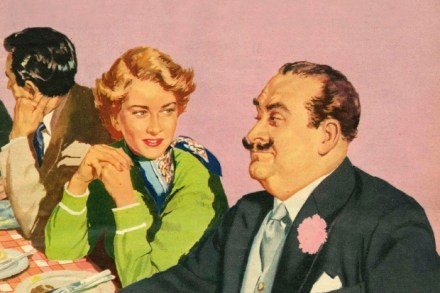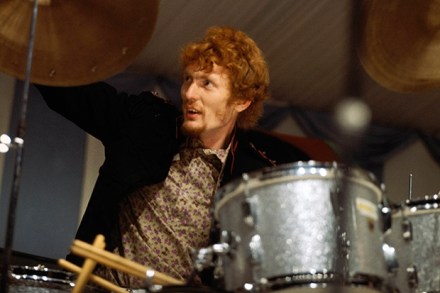No sex, please, in the Detection Club
‘The crime novel,’ said Bertolt Brecht, ‘like the world itself, is ruled by the English.’ He was thinking of the detective story and the tribute was truest in the ‘golden age’, between the great wars; the period covered, hugely readably, by Martin Edwards. Edwards’s primary subject is the Detection Club, whose members included the giants of the genre — G.K. Chesterton, Agatha Christie, Dorothy L. Sayers, Margery Allingham. Its rules (they loved rules) were given quasi commandment authority by one of the club’s founder-members, Monsignor Ronald Knox, professional churchman, amateur novelist. Most of the club liked to see themselves as ‘unprofessional’, as if fiction were like the annual ‘Gentleman versus Players’





















